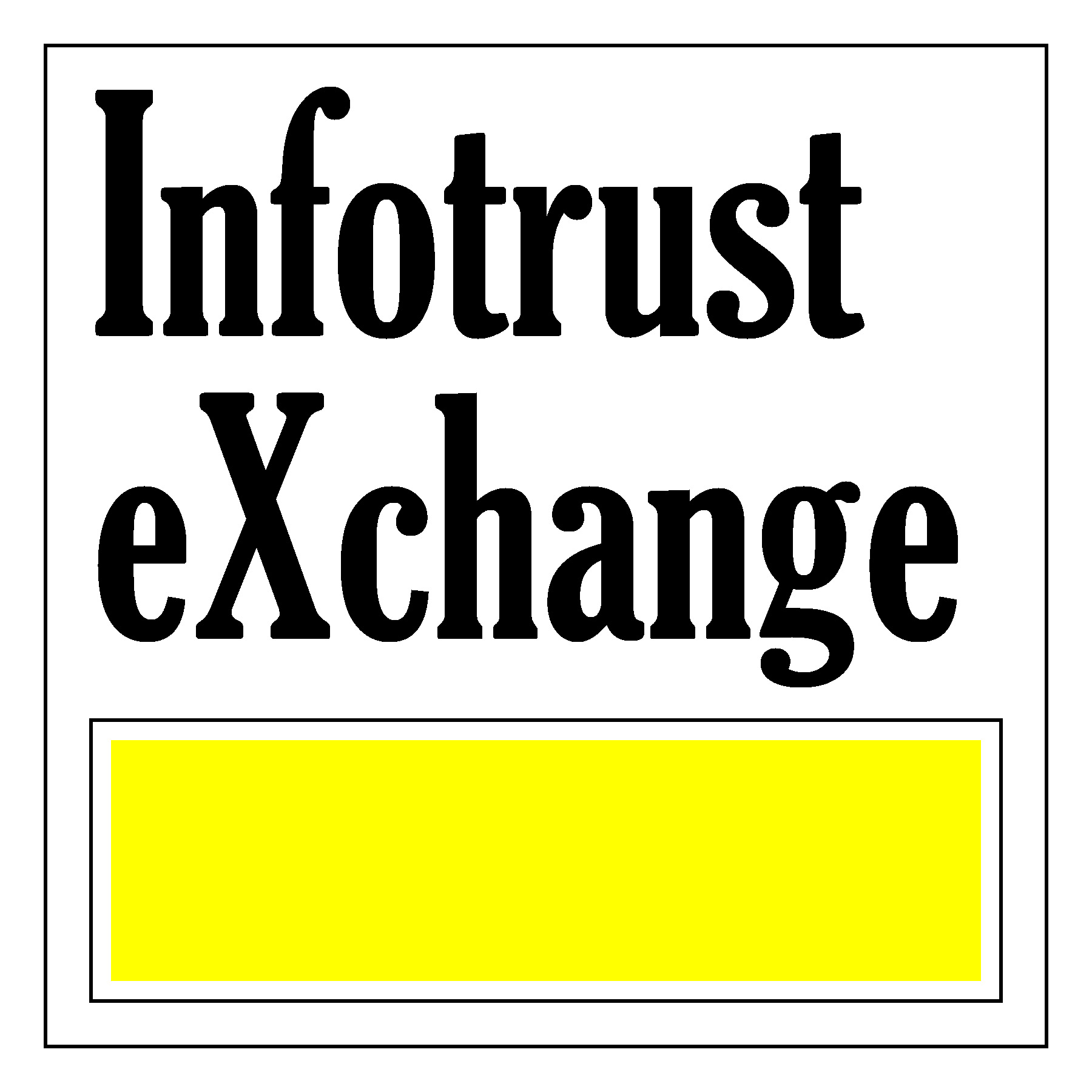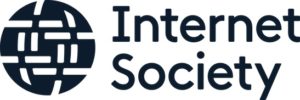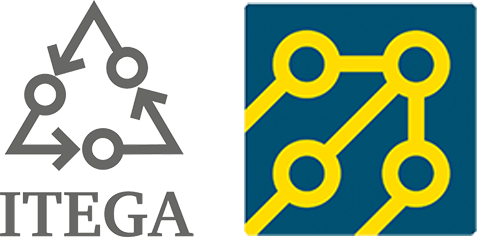


RETURN TO APRIL 24-25 DC CONVENING INFORMATION PAGE | WHO’S PARTICIPATING?
Protecting the online privacy of consumers has been a major public-policy issue for many years. Now it’s urgent.
Poll after poll over the last two decades demonstrate that consumers take their privacy seriously and are concerned about how their personal information is collected and used online. Seventy percent of consumers are uncomfortable with online tracking of their web activities and 77% are uncomfortable with companies’ selling personal data for advertising purposes. Every year Congress considers national legislation on consumer privacy.
While it has yet to enact legislation, states are increasingly stepping in as evidenced by California’s passage of a privacy law in June 2018. In Europe, the General Data Protection Regulation (GDPR) is now being enforced, affecting every company that collects or processes data from European citizens.
Given the importance of this issue to consumers, it makes sense for publishers and other businesses to make their handling of personal information a way to differentiate their online services from others, and particularly the large platform and social-media companies. Recent polling shows that a majority of consumers do not trust companies such as Facebook, Twitter or Google to protect their personal data. Companies offering stronger privacy protections to their online customers may be able to attract more traffic to their online services from consumers who might otherwise simply obtain the same information from the large platforms.
Three nonprofit organizations — the Information Trust Exchange Governing Association (ITEGA), the Local Media Consortium (LMC), and a project of the Internet Society (ISOC) have worked together to develop a consumer-friendly privacy policy and standards for the online services of LMC members and other publishers. Goals are to help users regain control of their privacy and identity and help publishers to improve the relevance of advertising and services — without depending upon regulation or private platform companies.
The three groups used an open, multistakeholder process that include sa series of meetings and working groups inspired by the work of Lawrence Strickling, a lawyer and former U.S. Commerce Department administrator who heads the Internet Society’s Collaborative Governance Project. It has the working title, “Internet Multistakeholder Privacy Initiative.”
As a part of larger LMC strategies to boost the digital businesses of its members, the development and adoption of a consumer-friendly privacy policy by LMC members can provide a strong differentiation of the LMC compared to the larger platforms and social-media companies. It can propel LMC into a leadership role on in an important public debate. The initial “deliverable” expected to be a privacy policy and data-handling standards that LMC member publishers and broadcasters — and other publishers globally — will adopt and champion for their users. Governance of the policies and standards will be overseen by the ITEGA, one of the participants in the process. ITEGA, a 501(c)3 formed last year, seeks to create a public-interest governance structure for Internet trust, identity, privacy and information commerce.
KEY ELEMENTS OF THE MULTISTAKEHOLDER PROCESS
A multistakeholder process convenes stakeholders representing the key interests on an issue or problem. These stakeholders can come from business, academia, the technical community, civil society and government. ITEGA and LMC are committed to facilitating such convenings with the focus on action—solving problems and developing norms on a consensus basis. The ideal multistakeholder process has the following attributes:
- Stakeholder-driven: Stakeholders determine the process and decisions, from agenda setting to workflow, rather than simply fulfilling an advisory role;
- Open: Any stakeholder may participate and the process includes and integrates the viewpoints of a diverse range of stakeholders;
- Transparent: All stakeholders and the public have access to deliberations, creating an environment of trust, legitimacy, and accountability; and
- Consensus-based: Outcomes are consensus-based, arrived at by compromise, and are a win-win for the greatest number or diversity of stakeholders.
The process consists of a mixture of both plenary sessions and small-group intersessional work. The initial “deliverable” expected to be a privacy policy and data-handling standards that LMC member publishers and broadcasters — and other publishers globally — will adopt and champion for their users.
At the outset, LMC members and other experts expect to develop a draft, working “strawman” proposal. Based on input from a preliminary discussion Sept. 27-28, 2018 in Chicago, the first multistakeholder plenary occurred Jan. 15-16, 2019 in Brooklyn, N.Y. Now, smaller, open working groups are addressing specific aspects of the process intersessionally in advance of the April 24-25 Washington gathering. These groups are supported by experts who will provide data, sample language, and other research assistance to working group. To inquire about joining any of the groups, please email wpdensmore@itega.org.
Depending on how detailed a policy and standards are developed, there is a likely need for more plenary sessions, along with an ongoing need to keep the public informed during the course of the process.
CONCLUSION | NEXT STEP
ITEGA, the LMC — and other collaborating organizations, including publishers and news organizations — are working together to help develop a standard consumer-friendly privacy policy for unveiling and discussion April 24-25. it’s an exciting opportunity to make a concrete contribution to solving one of the most important public-policy issues in online commerce.
RETURN TO THE APRIL 24-25- DC CONVENING INFORMATION PAGE
Publishers and other stakeholders wishing to participate in and support the multistakeholder privacy-governance standards process may follow the link below, or contact any of the principals below.
LINK: HOW TO EXPRESS INTEREST IN PARTICIPATING IN WASHINGTON:
For the Local Media Consortium:
Chris Hendricks, President
chris@localmediaconsortium.com
For ITEGA:
Bill Densmore, Executive Director
wpdensmore@itega.org
Mobile: 617-448-6600
